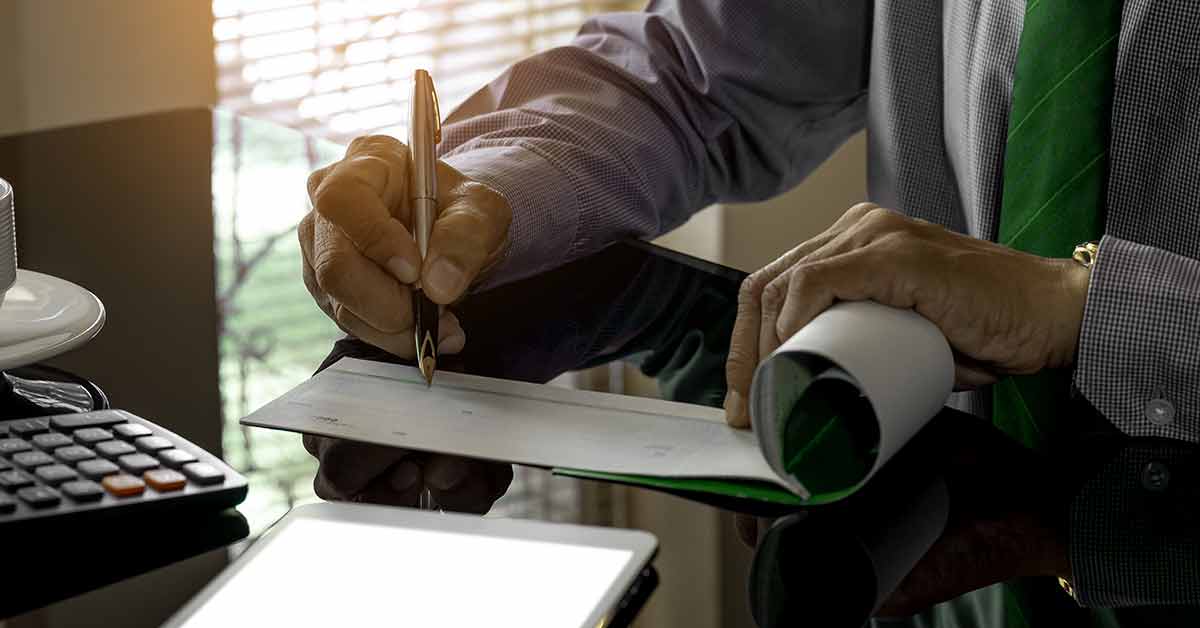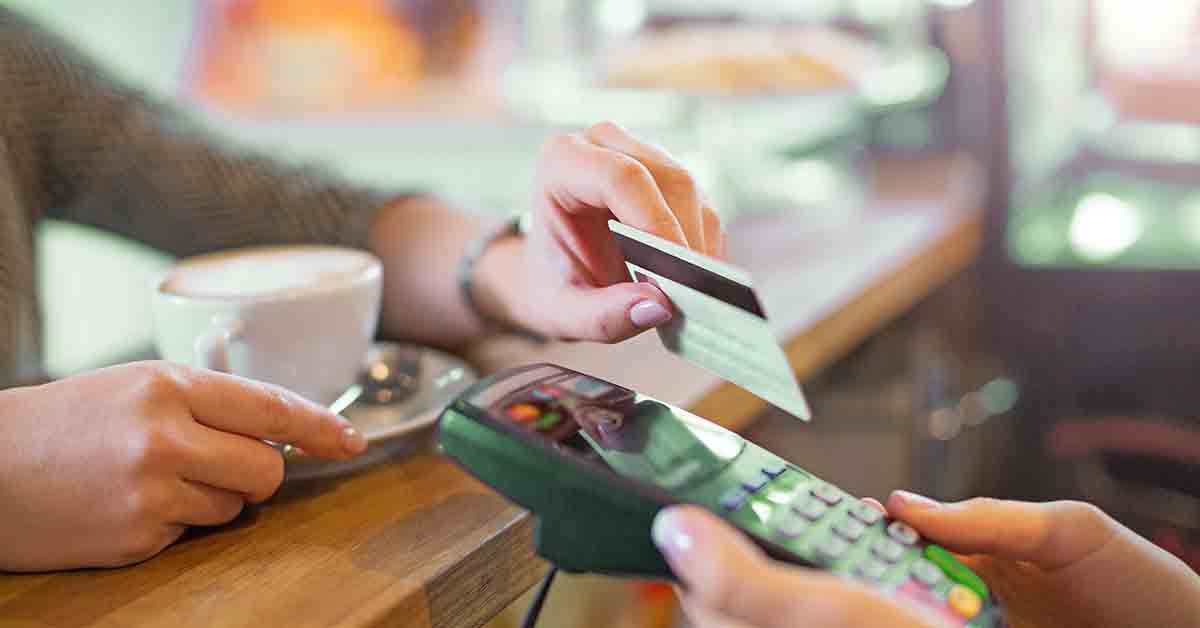A cashier’s check and a money order are both forms of payment that can be used instead of cash or personal checks, but that’s where the comparisons stop. Cashier’s checks are issued by a bank, are available in higher dollar amounts, are considered more secure than money orders, and have higher fees than money orders. Money orders can usually be purchased at a check cashing store, post office, grocery store, and many other places, are typically limited to less than $1,000, and have lower fees than cashier’s checks.
Read on for more information about the difference between cashier’s checks and money orders.
Why use a cashier's check?
There are several advantages to using a cashier’s check. This kind of check is great for larger dollar amounts and may prevent you from needing to buy multiple money orders. It is considered more secure than a money order and some payees may specifically request them.
The money is backed by the bank and considered “guaranteed funds.” Landlords may request that a security deposit be made by cashier’s check. In addition to being reliable funds, this is a way to prove that the potential tenant has a banking relationship.
Cashier's checks are good for large purchases.
Cashier’s checks are typically used for larger purchases. Although the policy may change from bank to bank, generally there’s no upper limit for a cashier’s check. The payee typically has quicker access to a larger amount of the funds with a cashier’s check.
Cashier's checks are safer to use.
Cashier’s checks are generally considered more secure than money orders. Although there are check scams involving fake cashier’s checks and money orders, a cashier’s check has more security features than a typical money order. Also, a cashier’s check is backed by a bank and may carry more clout with the payee than being backed by a check cashing store.
Open a Huntington Checking Account
If you want a basic checking account with no monthly maintenance fee, or an interest-earning checking account, we've got the options that are right for you.
Learn More
Why use a money order?
There are many advantages to using a money order. A money order is convenient and inexpensive. Grocery stores, post offices, check cashing stores and many other places sell money orders. The fee to order a money order is typically a couple dollars or less, depending on where you purchase it.
A money order is also great for when you want more privacy. A cashier’s check may list your account number and other information typically printed on a personal check. A money order doesn’t have this information, which makes it especially useful for sending money through the mail. Finally, you don’t need a bank account to get a money order.
Money orders cost less.
Money orders are typically used for smaller amounts than cashier’s checks and that is reflected in the fee to purchase one. Depending upon where you purchase a money order, the fee ranges from $0.35 to $2.00. Money orders are typically capped at $1,000. Some places may limit them to smaller amounts.
If you need to purchase multiple money orders to get around the limit, you may be better off getting one cashier’s check for the full amount. If you’re buying several money orders because you’re paying different bills, then multiple money orders should be less expensive than getting several cashier’s checks.
Money orders are easier to buy.
A money order can be easier to buy. They are often sold in places that you’d visit during the normal course of your week: grocery stores, post offices, and some big box retail stores. You could pick one up when you’re buying groceries or running errands. On the other hand, a cashier’s check can only be bought at a bank.
Cashier's Check vs Money Order Comparison
Cashier's Check
- Issued by and purchased at a bank
- Backed by a bank
- Available in small amounts to very large amounts
- Typical fee is between $5–$10
- Considered more secure than a money order
- Useful for large and person-to-person transactions
Money Order
- Purchased at retail stores, post offices, check cashing places, banks, and more
- Backed by the store that sold it
- Maximum amount is $1,000 or less depending on where it’s bought
- Do not need a bank account
- Typical fee is between $1–$2
- Considered less secure than a cashier’s check
- Useful for small transactions and those made through the mail



